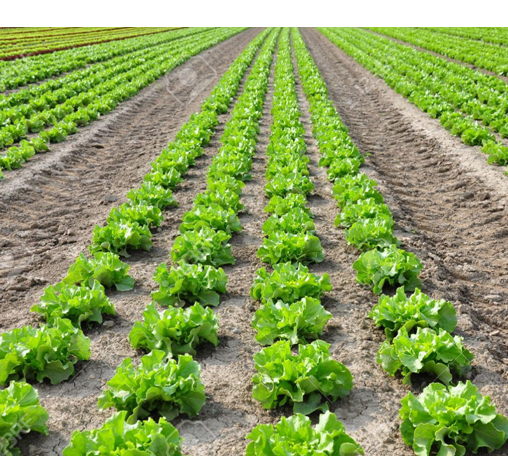The results of sampling for Escherichia coli (STEC) and Salmonella sp. in romaine lettuce grown in the Yuma, AZ, were published by the FDA. The testing was conducted after the 2018 outbreak of E. coli O157:H7. The sampling of romaine lettuce begun on December 17, 2018, shortly after the season’s harvest began, to monitor the risk of contaminated romaine lettuce entering the market from this region. Sampling was done at commercial coolers, and cold storage facilities to allow the testing of from multiple farms at the same time from centralized locations. Twenty-six commercial coolers and cold storage facilities were tested. The FDA collected and tested 118 samples for each pathogen. Salmonella was not detected in any of the samples. A single non-pathogenic Shiga toxin-producing E.coli (STEC) was found. These results indicate that there was no widespread STEC or Salmonella spp. contamination of romaine lettuce from the Yuma growing region during the period when the sampling occurred. @ https://www.fda.gov/food/cfsan-constituent-updates/fda-releases-results-romaine-lettuce-sampling-assignment-yuma-growing-region
Lettuce Sampling of Romaine by FDA in Yuma Growing Region
FDA Releases Results of Romaine Lettuce Sampling Assignment in Yuma
The U.S. Food and Drug Administration has released the results of a sampling assignment that tested romaine lettuce grown in the Yuma, AZ agricultural region for pathogenic Shiga toxin-producing Escherichia coli (STEC) and Salmonella spp.
No comments


